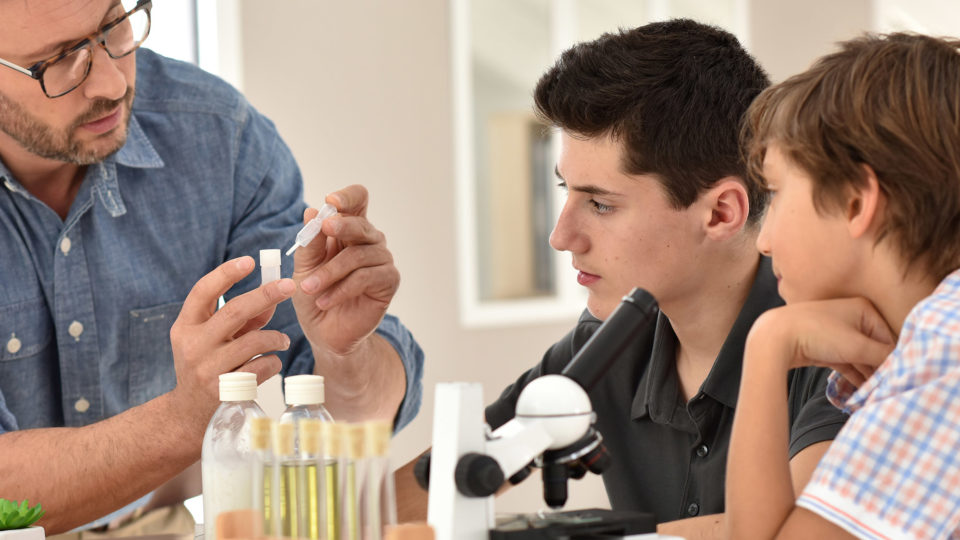The CREAD is jointly supported by Rennes 2 (R2) and Brest (UBO) universities. The unit brings together researchers of various disciplinary background who are all working on questions linked to education in the broadest sense of the word. The research questions as well as the methodological and theoretical frameworks cover a great number of approaches used in Educational Sciences: from school institution to effective teaching practices in class, from training of trainers to educational technology and from disciplinary didactics to “popular” (non-academic) education informal learning modalities. Beyond the cross-disciplinary typical diversity, the Unit seek to federate its members around lasting work settings. They also seek to gather actors from different background around formative, scientific, institutional and (in the etymological sense of the term) political questions so they can work together on the emancipation of learners, actors and citizens.
The CREAD scientific project relies on structural elements: a unifying epistemic horizon with anthropological references, both a goal of intellegibility and conversion, an axiology of practices towards emancipation, empirical qualitative research methods.
Despite its specific theoretical frameworks, new staff, and research evolutions, the CREAD epistemological position remains anthropological-oriented. May they work on knowledge, learning and sharing processes, technological objects, or institution dynamics, the Unit’s researchers still consider education all at once as a global, biological, social and psychological, economic, cultural and political process, and also as inherent in human development.




